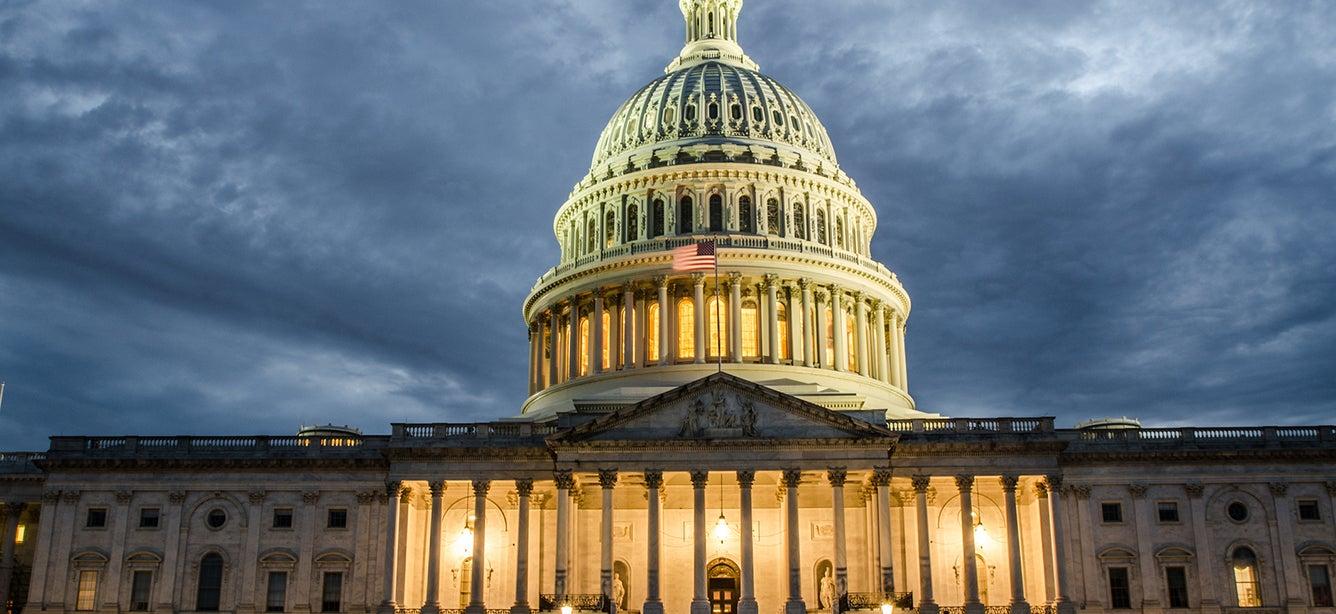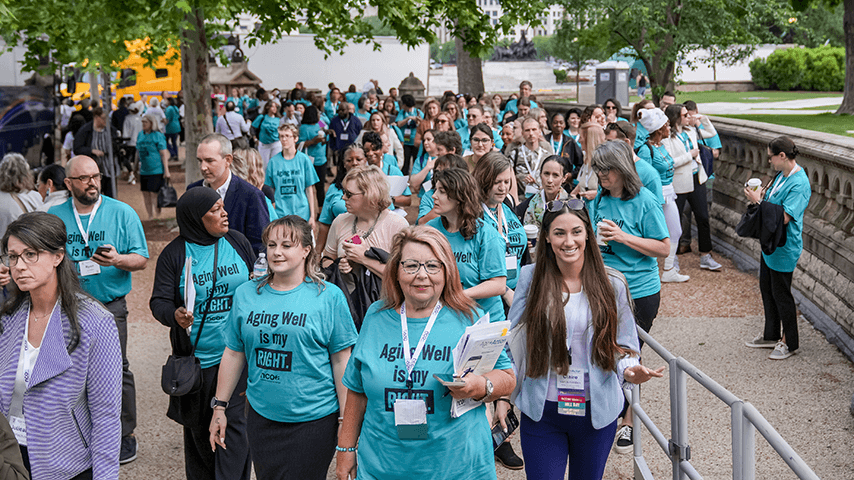Statement: House Proposals to Cut Services for Older Adults Would Hurt American Families
3 min read

Contact:
Simona Combi
Public Relations Manager
571-527-3982
simona.combi@ncoa.org
July 15, 2024, Arlington, VA—The following is a statement from Ramsey Alwin, President and CEO of the National Council on Aging (NCOA), in reaction to the House Appropriations Committee’s proposals for fiscal year 2025 aging services funding:
“On July 10, the House Appropriations Committee recommended significant cuts to aging services programs within the Older Americans Act (OAA). At a time when 11,000 Americans are turning 65 every day, these proposals would hurt American families, and we urge Congress to reject them.
“Investing in our families and communities means more than protecting Medicare and Social Security. Non-defense discretionary spending like the OAA funds meals, transportation, healthy aging programs, job placement, elder justice, and more services that enable millions of Americans to live with dignity as they age.
“Underinvesting in—or, as in some proposals, completely eliminating—these programs will hurt American families who are already struggling to care for each other across multiple generations. The committee’s proposals are far-reaching and include:
- Eliminating the Senior Community Services Employment Program (SCSEP), the only federal program that provides job training and placement for low-income older workers. Since 2020, SCSEP has helped over 40,000 participants each year fight homelessness and poverty through training and work.
- Abolishing funding to prevent older adult falls, including the Centers for Disease Control and Prevention’s work with health care providers and a Housing and Urban Development program that helps low-income older adults modify their homes. Falls are the leading cause of injuries among older adults, and our nation spends $50 billion to treat them every year.
- Cutting $37 million from meal services when 12 million older adults are threatened by or experience hunger. Last year, an estimated 55.6 million meals were served in group settings like senior centers and churches and an estimated 206.2 million were delivered to homes.
- Eliminating the Direct Care Workforce Strategies Center, which is the only federal center addressing the dire shortage of workers who help older adults and individuals with disabilities stay independent at home. By 2031, nearly 9.3 million total direct care jobs will need to be filled.
- Failing to invest in the decennial White House Conference on Aging (anticipated for 2025), which is crucial for mobilizing the public and private sectors to address the opportunities and challenges of our aging population.
For decades, these programs have been underfunded. Now, facing a historic boom in demand, they are being asked to do even more with even less.
"This is unacceptable in a nation where every person deserves the right to age with dignity. We urge the House and Senate to reject these short-sighted proposals.”
About NCOA
The National Council on Aging (NCOA) is the national voice for every person’s right to age well. Working with thousands of national and local partners, we provide resources, tools, best practices, and advocacy to ensure every person can age with health and financial security. Founded in 1950, we are the oldest national organization focused on older adults. Learn more at www.ncoa.org and @NCOAging.




